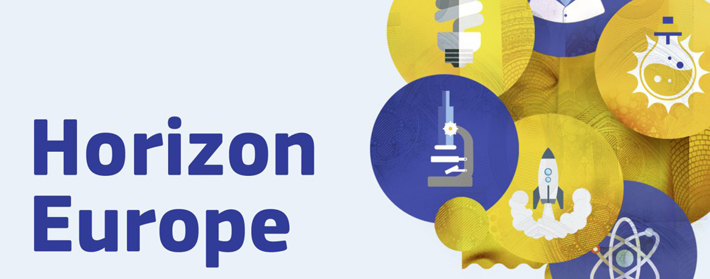Scaling Up secure Processing, Anonymization and generation of Health Data for EU cross border collaborative research and Innovation (SECURED)

Project summary
The overall goal of the SECURED project is to scale up multiparty computation, data anonymization and synthetic data generation, by increasing efficiency and improving security, with a focus on private and unbiased artificial intelligence and data analytics, health-related data and data hubs, and cross-border cooperation. The project will address the limitations that are currently preventing the widespread use of secure multiparty computation and effective anonymization, namely: the limited practical capabilities of current cryptographic schemes for secure multi-party computation protocols, and their performance; the lack of well understood and standardized data anonymization methods for health data; the absence of dynamic and on demand services for generating synthetic data; the complex and ad-hoc nature of current federation protocols for machine learning and AI-based data analytics; the lack of support for health technology providers to implement privacy enhancing technologies, in particular SMEs.
SECURED will tackle these challenges by focusing on scaling up privacy technologies via algorithmic improvements and implementation efficiency (HW and SW), as well as the generalization of primitives and definitions, with the aim of speeding up and facilitating privacy preserving data-driven tools and services for wellbeing, prevention, diagnosis, treatment and follow-up care. SECURED will also analyse the current ethical and legal challenges to data sharing, and is targeted at overcoming current limited adoption of advanced multi-party computation and data anonymization technologies by providing direct support to health technology SMEs through a funding call. To ensure relevance to real-world settings, SECURED will showcase the technologies developed in four health-related use cases provided by partner hospitals and health stakeholders, namely: real-time tumor classification; telemonitoring for children; synthetic data generation for education; access to genomic data.
More detailed information
Principal Investigator:
Christos Strydis
Role Erasmus MC:
Partner
Department:
Neuroscience
Project website:
Not available
Funding Agency:
Horizon Europe Health



